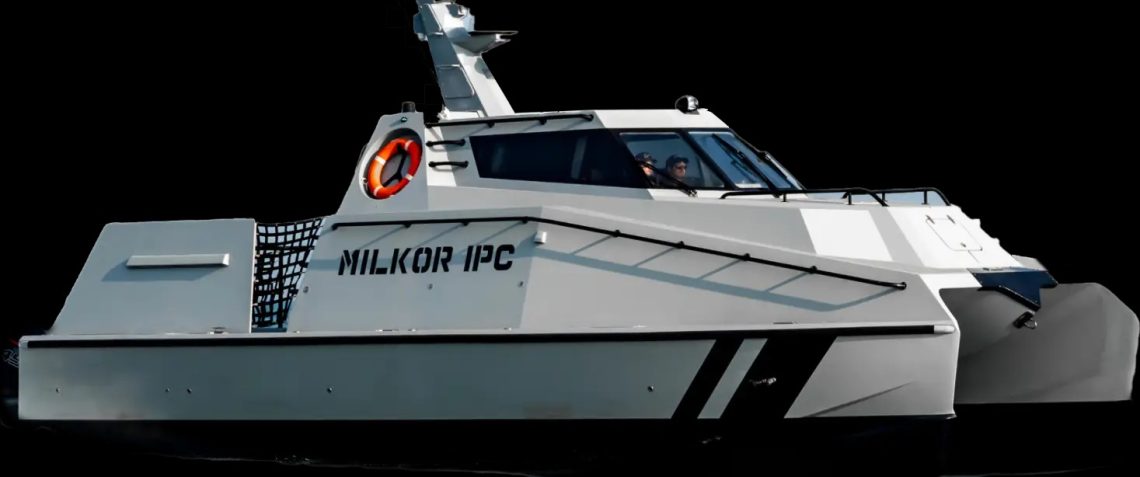
A Beginner’s Guide To Operating An Offshore Patrol Vessel
Operating an Offshore Patrol Vessel (OPV) requires specialized skills, knowledge, and understanding of maritime operations. Whether you’re a naval officer, coast guard personnel, or maritime security professional, mastering the fundamentals of OPV operations is essential for ensuring mission success and maritime safety. This beginner’s guide provides an overview of key considerations and best practices for operating an offshore patrol vessel effectively.
Understanding the mission
Before setting sail, it’s crucial to understand the mission objectives and operational requirements of the OPV. Whether it’s conducting maritime patrols, enforcing laws, or responding to emergencies, clarity on the mission parameters guides decision-making and resource allocation throughout the operation.
Familiarizing with vessel systems
Get acquainted with the OPV’s onboard systems, including navigation, communication, propulsion, and surveillance equipment. Familiarize yourself with emergency procedures, safety protocols, and firefighting equipment to ensure readiness in case of emergencies.
Steering seamanship skills
Develop strong seamanship skills to maneuver the OPV safely and effectively in various sea conditions. Understanding maritime navigation principles, chart reading, and rules of the road is essential for avoiding collisions, understanding congested waters, and maintaining situational awareness.
Mastering surveillance and detection
OPVs are equipped with advanced surveillance systems for detecting and monitoring maritime activities. Learn how to operate radar, sonar, thermal imaging, and other sensor technologies to identify threats, track vessels, and gather intelligence effectively.
Executing law enforcement operations
OPVs often engage in law enforcement operations, including vessel interdictions, boarding, and inspection procedures. Understand the legal framework governing maritime law enforcement, including international conventions, national regulations, and rules of engagement.
Communicating effectively
Clear and effective communication is vital for coordinating operations, issuing commands, and maintaining situational awareness onboard an OPV. Master radio procedures, standard maritime communication protocols, and language proficiency to ensure smooth communication with crew members, other vessels, and shore-based authorities.
Operating an Offshore Patrol Vessel requires a combination of technical skills, operational knowledge, and maritime expertise. By understanding mission objectives, mastering vessel systems, developing seamanship skills, and prioritizing safety and security, operators can effectively steer the challenges of OPV operations and contribute to maritime security and safety. Continued training, experience, and collaboration with fellow crew members are essential for becoming a proficient OPV operator and ensuring mission success in the maritime environment.


